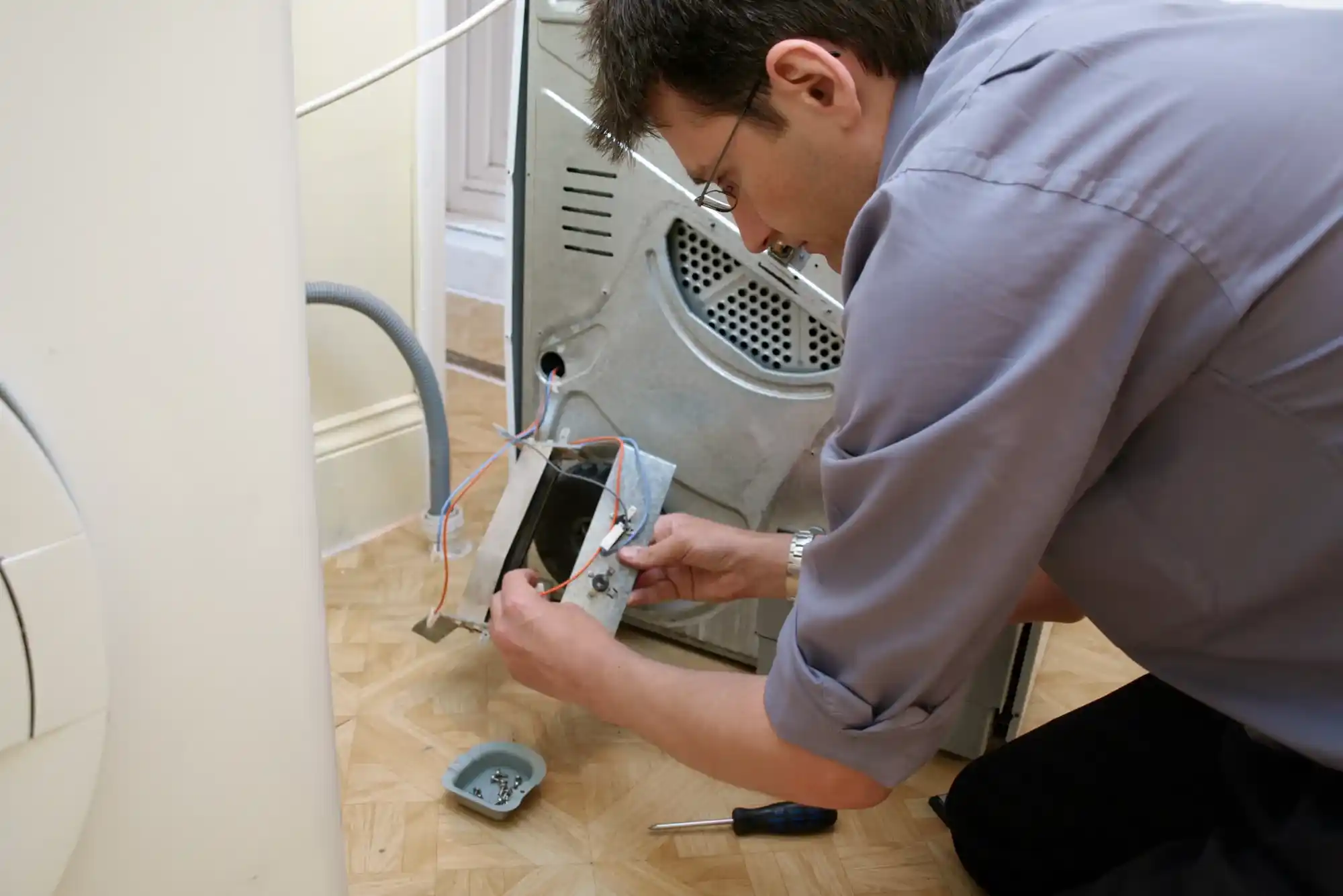Refrigerators are essential household appliances, but a water leak can be a frustrating and potentially damaging issue. Water pooling around your fridge can lead to floor damage and mold growth. Identifying the cause of the leak and fixing it promptly can prevent costly repairs. The most common reasons for refrigerator leaks include clogged or frozen defrost drains, damaged water supply lines, or faulty door seals. Fixing these issues requires a step-by-step approach, ensuring your appliance remains in optimal working condition.
Understanding the Causes of a Leaking Refrigerator
Water leaks from refrigerators often occur due to blockages or malfunctioning components. One primary reason is a clogged or frozen defrost drain. The defrost system in a refrigerator melts ice buildup and channels the water into a drain pan. If this drain becomes blocked with debris or ice, water can overflow and leak onto the floor. A faulty water supply line that supplies the ice maker or water dispenser can also be a culprit. Over time, these lines can develop cracks or loosen at the connection points, leading to persistent leaks.
A misaligned or damaged door seal is another cause. If the refrigerator door does not close properly, warm air enters, leading to excessive condensation. The excess moisture eventually pools and leaks from the fridge. Additionally, a malfunctioning drain pan, designed to collect and evaporate water, may lead to water accumulation if cracked or improperly positioned. Lastly, an incorrectly leveled refrigerator may cause water not to flow toward the drain but instead leak outside the unit.
Step-by-Step Guide to Fix a Leaking Refrigerator
Inspect and Unclog the Defrost Drain
Locate the defrost drain at the back of the freezer or refrigerator compartment. If clogged, use warm water and a small brush or pipe cleaner to clear any blockages. For frozen drains, pouring hot water can help melt ice obstructions. Regular maintenance prevents clogs and ensures smooth water drainage.
Check the Water Supply Line
Turn off the refrigerator’s water supply and inspect the tubing for any cracks or leaks. If damaged, replace the line with a new one. Ensure all connections are secure to prevent future leaks.
Examine the Door Seal
Close the refrigerator door and check if there are any visible gaps. If the seal is loose or cracked, replace it with a new gasket. Cleaning the seal regularly with warm soapy water helps maintain its effectiveness.
Inspect the Drain Pan
Pull out the refrigerator and locate the drain pan underneath. If it is cracked, replace it immediately. Clean the pan regularly to avoid bacteria buildup and unpleasant odors.
Adjust the Refrigerator Leveling
Ensure your refrigerator is properly leveled by adjusting the front legs. A correctly positioned unit allows water to flow into the drain pan instead of leaking onto the floor.
Preventing Future Refrigerator Leaks
Regular maintenance is key to preventing refrigerator leaks. Cleaning the defrost drain every few months prevents blockages. Checking water supply lines for wear and tear can help detect issues before they become serious. Ensuring the fridge is level and door seals are intact minimizes condensation problems. Proper care reduces the risk of leaks and extends the lifespan of your appliance.
For professional assistance, consider contacting Refrigerator repair Dubai. Expert technicians can diagnose and resolve complex refrigerator issues efficiently.
Related FAQs
Why is my refrigerator leaking water onto the floor?
A refrigerator may leak water due to a clogged defrost drain, a faulty water supply line, or a damaged door seal. Identifying the exact issue is crucial for effective repair.
How do I stop my fridge from leaking water inside?
To stop water leaks inside the fridge, clear the defrost drain, check the water supply line, and ensure the door seal is intact. Regular maintenance prevents water buildup.
Can a refrigerator leak be dangerous?
Yes, a refrigerator leak can cause floor damage, promote mold growth, and lead to electrical hazards. Addressing leaks promptly prevents further complications.
How often should I clean the defrost drain?
Cleaning the defrost drain every three to six months prevents clogs and ensures proper drainage. Regular maintenance enhances the refrigerator’s efficiency.
Where can I find reliable refrigerator repair services?
For expert assistance, visit Barakat Al Dar Repairing or check Barakat Al Dar Repairing Location to locate a professional repair service near you.





